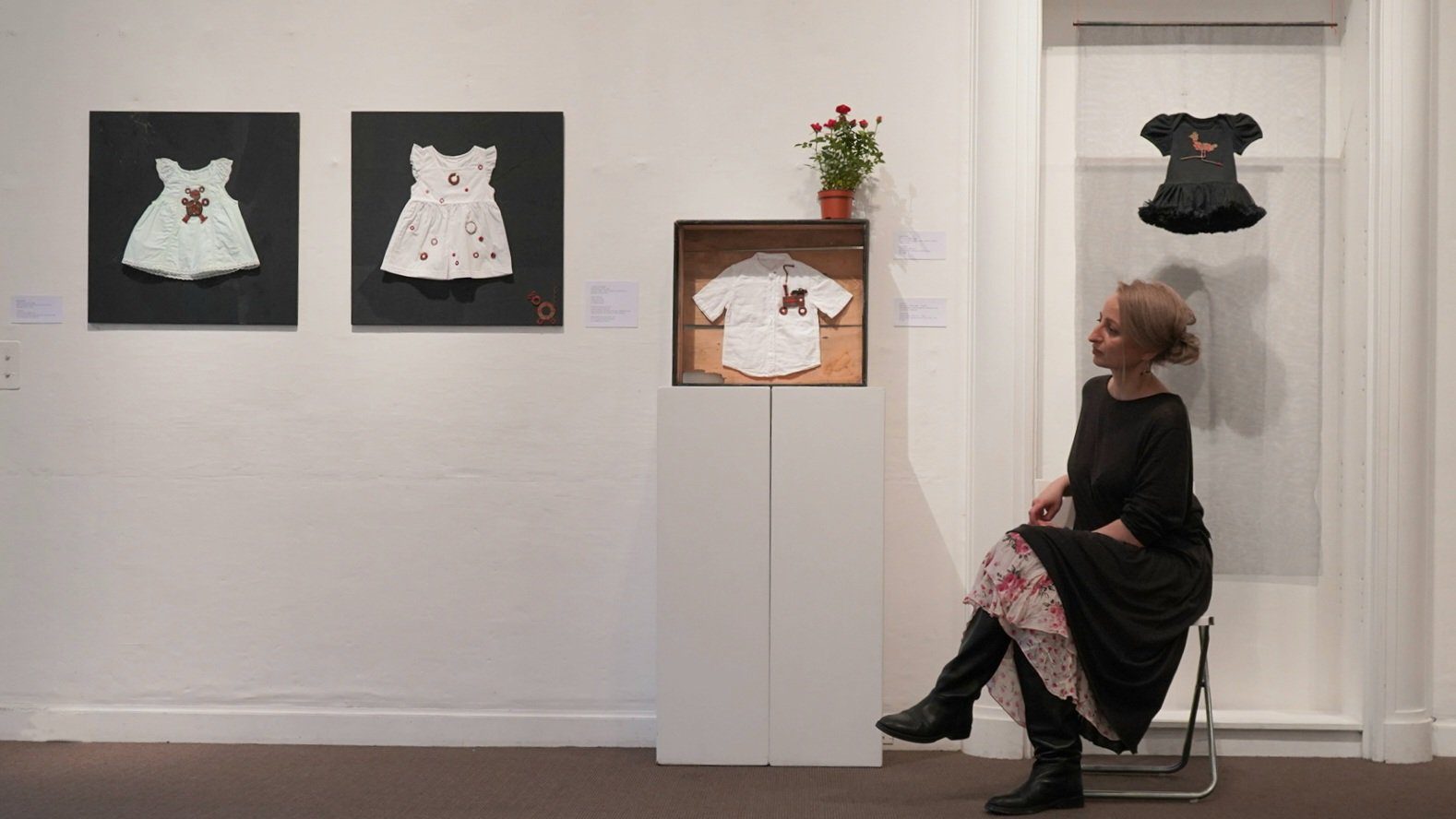This post is also available in: Bosnian
Michelle Jarvis, who co-edited a book entitled ‘Prosecuting Conflict-Related Sexual Violence at the ICTY’ with the International Criminal Tribunal for the Former Yugoslavia’s chief prosecutor Serge Brammertz, told BIRN in an interview that Former Yugoslav states need a comprehensive policy for addressing wartime sexual crimes, with the victims at the centre of it.
According to Jarvis, out of a total of 161 people indicted by the ICTY prosecution, there was a sexual element in 93 cases.
“For example, in some cases rape was charged as the crime of rape, in others it might have formed part of a persecution charge, or rape might have been part of the coercive environment leading to expulsion crimes,” she explained.
She said that the book was intended to help legal professionals negotiate the difficulties of prosecuting such crimes.
“We felt that there were very few resources for investigators and prosecutors on the topic of conflict-related sexual violence, so we wanted to rectify that,” she said.
“But in terms of the big messages, we focus a lot on the misconceptions we encountered about conflict-related sexual violence that mean these crimes are not always given the priority they deserve or that causes us problems in linking sexual violence crimes to other violent crimes during conflict,” she added.
The book also looks at institutional strategies, such as policy development and training that help a prosecutor’s office work on such cases more efficiently.
“We endorse the goal of victim-centred prosecutions and illustrate what that meant in practice in our cases at the ICTY. We explore how to properly contextualise sexual violence crimes in the broader conflict to make sure we accurately describe the harm caused to the victims and hold accountable a range of perpetrators including, in appropriate cases, senior military and political officials,” she explained.
Some of the ICTY’s key verdicts in related to sexual violence; Jarvis cites the judgements in the cases of former Bosnian Serb military policeman Dragoljub Kunarac and former Bosnian Serb politician Milomir Stakic.
Kunarac was sentenced to 28 years in prison for enslaving, raping and abusing women and girls in Foca during the war, and Jarvis explained that his case was the first ever to focus exclusively on conflict-related sexual violence.
In the Stakic case meanwhile, the court sentenced the defendant to 40 years for wartime crimes in Prijedor and accepted that sexual violence formed part of a common criminal plan to expel the targeted population of Prijedor using whatever means necessary.
“This is such an important reminder of the strategic role that sexual violence played in the conflict and of the fact that senior officials who have not physically committed the rapes can nevertheless be held responsible,” Jarvis explained.
Lessons for Balkan prosecutors
According to Jarvis, the Bosnian prosecution has so far dealt with 174 cases which involve charges of sexual violence, including 58 current cases, out of its total of 675.
“I think that like all of us working at the international level, prosecutors in Bosnia and elsewhere in the region face significant challenges in establishing accountability for conflict-related sexual violence,” she said.
“Some of the challenges are very similar to the ones we faced and some of them take on different dimensions in the local context. I think the most important thing is to be aware of the challenges and to be committed to overcoming them. If we approach our work with this attitude, then everything is possible. I see lots of encouraging signs of progress,” she added.
An OSCE report published on Wednesday that said that the Bosnian judiciary has made more effort to prosecute cases of wartime sexual violence over the past three years.
From 2014 to 2016, about a third of war crimes cases before Bosnian courts involved sexual violence, in comparison to only a quarter of cases in the period from 2011 to 2013, the report said.
However, many victims of wartime sexual violence are still seeking justice over two decades after the conflict, it cautioned.
Jarvis said that the book that she and Brammertz edited was translated into Bosnian partly to help local prosecutors.
“We wanted our practical and technical insights to be accessible to the criminal justice actors in Bosnia and elsewhere in the region who are now carrying on the process of establishing accountability for conflict-related sexual violence crimes,” she explained.
“As one concrete measure arising out of the book, we have established the Prosecuting Conflict-Related Sexual Violence Network through the International Association of Prosecutors. Our aim is to use the Network as a way of channeling our growing global expertise from jurisdictions around the world into future prosecutions for conflict-related sexual violence,” she added.
The translation was also a way to honour the victims who suffered during the Bosnian war.
“We wanted the victims of sexual violence who so courageously stepped forward to give statements to our office or to testify in our cases to see how they have helped to shape a new global awareness on conflict-related sexual violence,” she said.
“So many of them testified not just once but multiple times, despite the enormous toll this took. Very often, they expressed the view that they wanted to contribute to a world where no- one else would have to go through what they went through. We hope that they can see in the pages of our book, just how much they have contributed towards doing just that,” she added.
Jarvis also noted that sexual violence investigations are difficult for prosecutors.
“I think it is very hard for anyone working on war crimes cases not to be deeply affected by the work that we do,” she said.
“And we have seen that sexual violence cases can take a particularly heavy toll because of the degree of trauma inflicted on the victims and the anguish that can be caused by negative reactions towards the victims by families and communities.”




